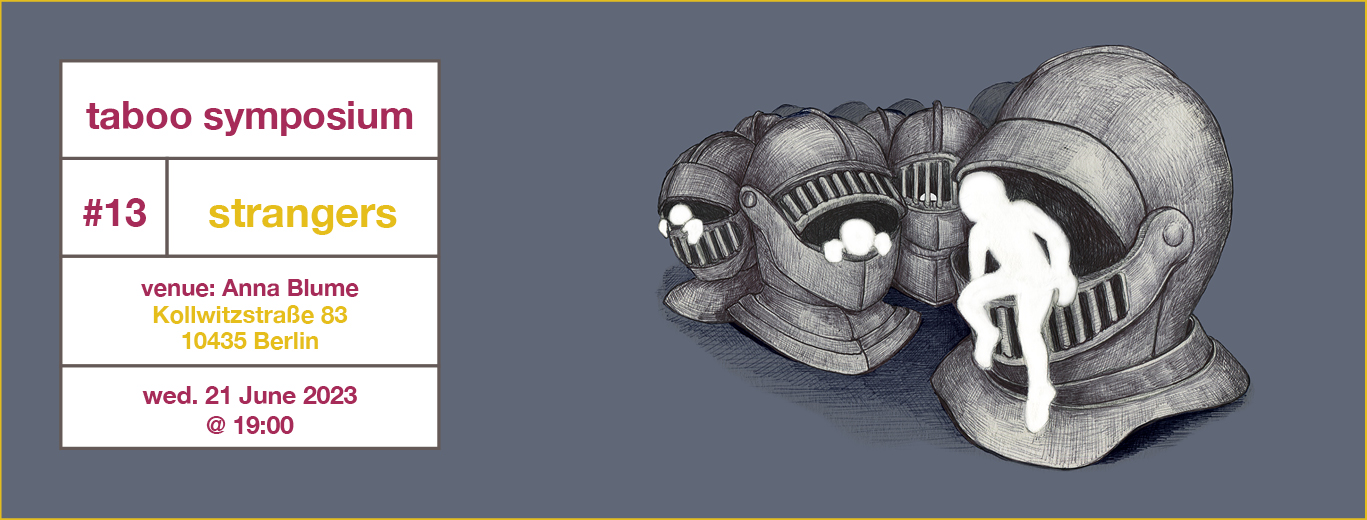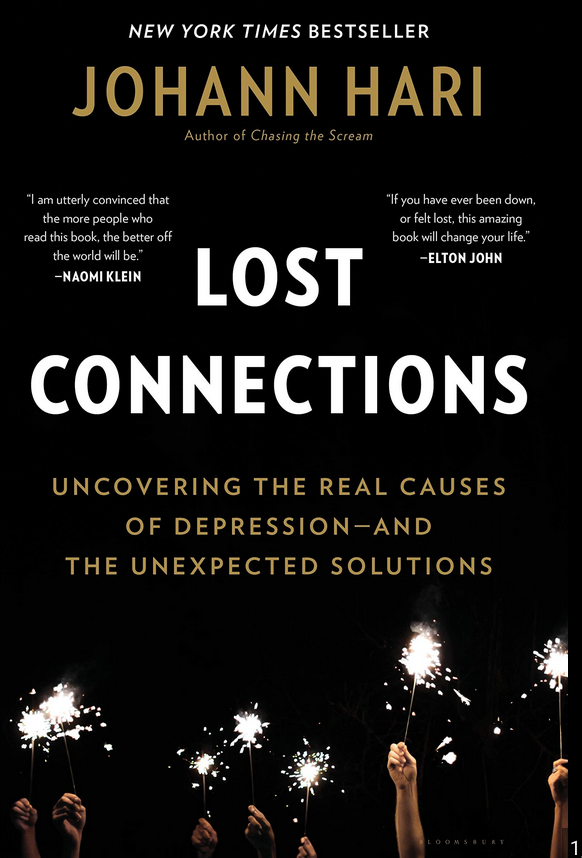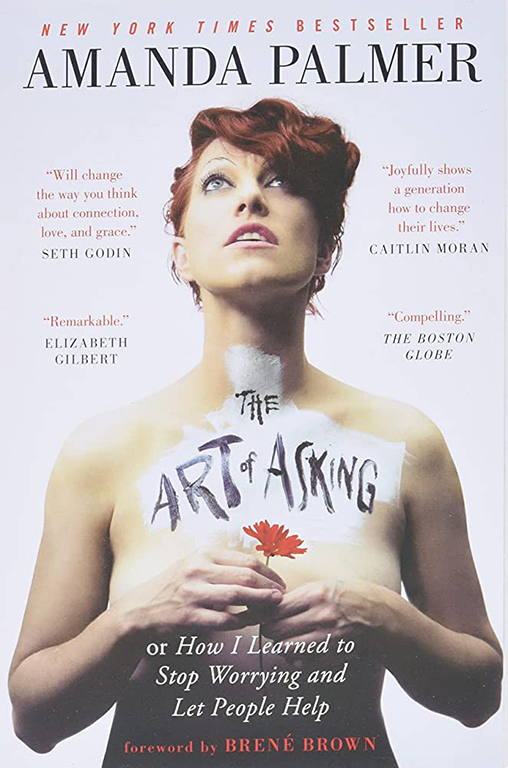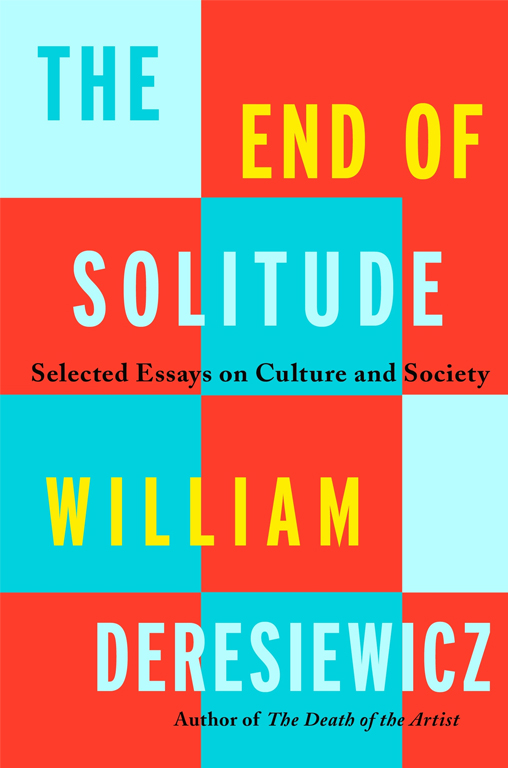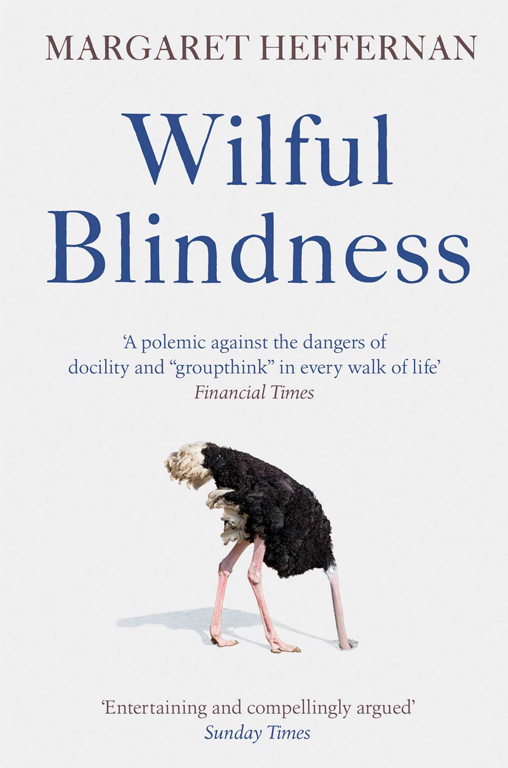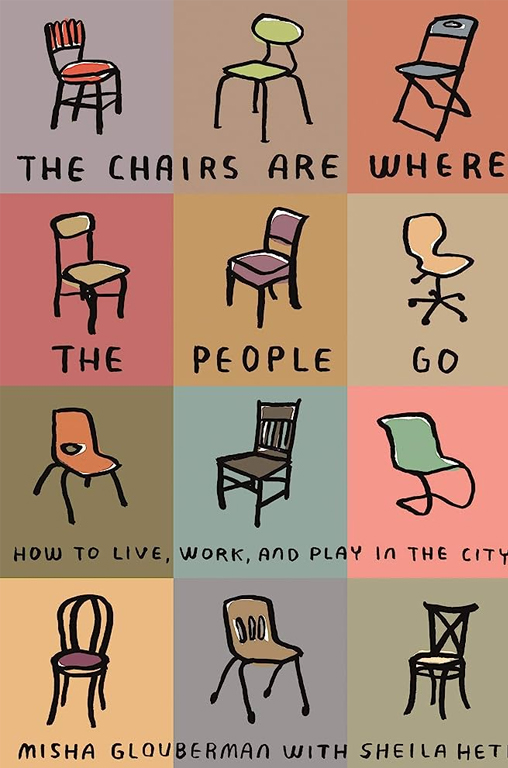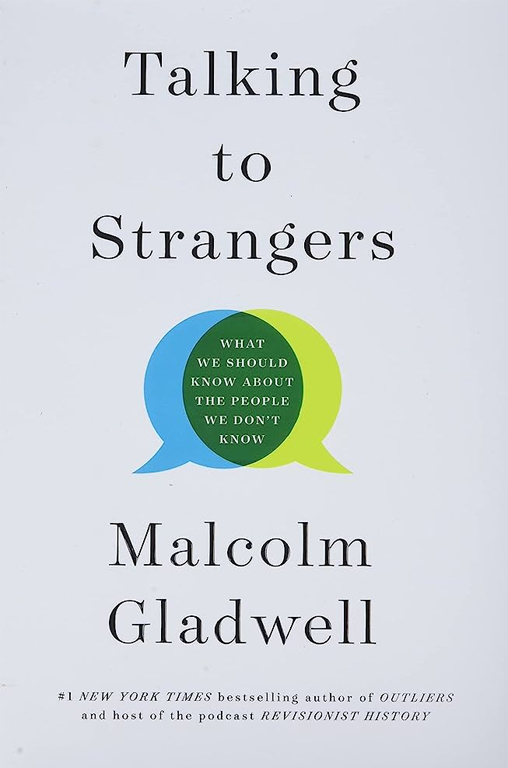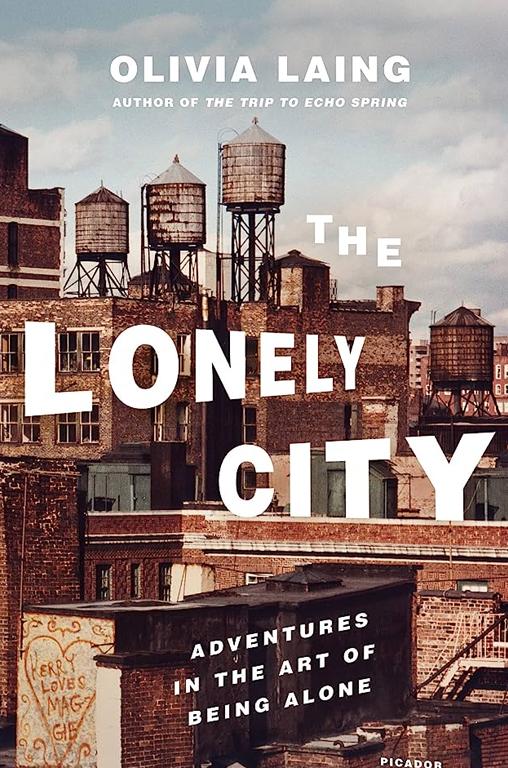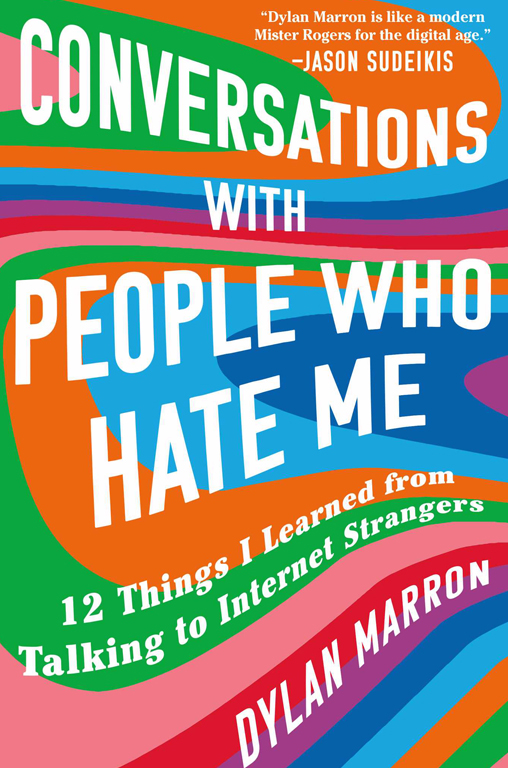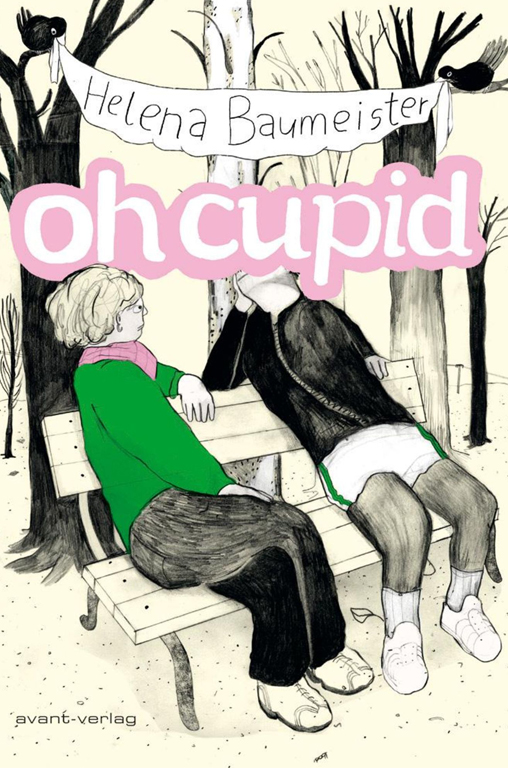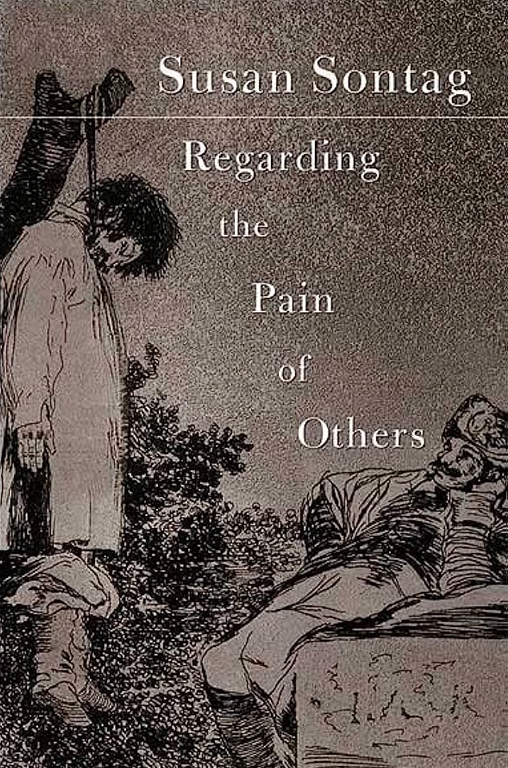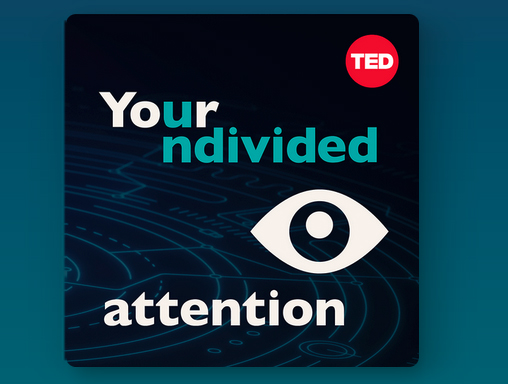the agenda
We simply cannot trust that sides of our deep selves will have counterparts in those we meet, and so remain silent and shy, struggling to believe that the imposing, competent strangers we encounter can have any of the vulnerabilities, perversions, and idiocies we’re so intimately familiar with inside our own characters. – Alain de Botton
questions
• what are peoples’ greatest anxieties when they meet strangers?
• inner questions about strangers: are you my people or not? Could I belong or would I be excluded? How do we evaluate that together through dialogue? Will you even Like me?!
• meeting strangers online and in real life – what is the difference, why does the former feel so much easier, but can have way worse consequences.
• the question of PERMISSION – what gives us permission (or the feeling of having permission) to talk to other people – to enter their personal space, to demand their time, to request their attention (and when those contexts (ie. work colleagues, fellow students, communal gatherings) are gone, how do we reclaim this permission?
further possible talking points
STRANGERS AND THE WIDE WORLD
• we trust strangers constantly whether we like it or not and it seems to mostly work out okay (doctors, supermarket salespeople (we eat their food), teachers / caregivers (they look out and educate our loved ones). But when (if ever) should we be more cautious about this?
CULTURE and STRANGERS
• BOOKS: intensely (although only one-sided) intimate interactions with strangers (the authors)
• FILMS: where you can come to care about strangers in a safe space. You can empathise with people on a screen (their happiness, sadness, danger, loss, adventure) without having to take part personally.
• the magic of empathising with people you have nothing in common with. (that we can do this means we MUST share some things in common with strangers!)
• INTERNET: now we get to talk back to the strangers, and this often without accountability, but what’s not transparent is that this is mediated by the medium itself (enforced word counts, paid firewalls, like buttons, block user, interrupted by ads, etc)
WHICH BRINGS US TO: COMMUNICATING WITH STRANGERS (well, with everyone)
• online presences (social media, websites, blogs etc) have replaced (in large part) phone, journal, letters as a way of creating and communicating one’s sense of self to others.
• ADDITIONALLY though, the implication is that if you have something to say, WHY NOT SAY IT TO EVERYONE?.And when you do, you are saying it to strangers (data scrapers, trolls etc) who may not have your best interests at heart. What happens then?
BEHAVING AROUND STRANGERS
• when we find ourselves performing for others – what is that based on? What does it feel like to become a stranger to oneself?
• how do we change when we are around family vs. friends vs. partners, vs work colleagues? And why is this so?
• how much of who we are is determined by the people we find ourselves around?
• the benefits of anonymity (searching for confessors)
• also the benefits of private vs. public relationships (affairs, relationship transactions where there is no threat of being judged by others)
• ghosting people – who really has NEVER ghosted someone? Who has never once been to a party, and a really cool chat with someone and then after a pause and awkward silence said ‘I just have to grab a drink or go to the bathroom’ and never returned. Ghosting is not something new or exclusive to the internet, but there’s something behind it, right, we want to be kind to people by not saying ‘hey, that was a really cool conversation but now I need to move on to my next internet message, my wife/husband/partner, the event host, my boss, the actual bathroom, etc’
HOW WE ARE BEING INFLUENCED BY INTERFACES (aka THE ARMY OF STRANGERS BEHIND YOUR PHONE)
• the ‘person typing’ ellipsis, the ‘message read’ checkmarks, the heart emoji, all of these are tiny dopamine hits that make us feel like we have or are connected with someone, AS WE ARE SITTING ALONE IN FRONT OF OUR GADGETS.
• these things are being programmed in a race to get hold of our intimacy – more and more solo times with machines (in the GUISE) of solo time with other people.
• by being constantly online we are trying to maintain the imagined presence of others but other shit is going on for them at any given moment that we know nothing about from the other end of the screen.
• WHY ARE WE SEEING WHAT WE ARE SEEING? WHO is recommending what we are seeing – is it real people or is it robots?
• of all the inventors of OK Cupid, not one of them has EVER been on an online date (see Christian Rudder’s Dataclysm) – what does this MEAN about that app? Have they designed it with their users’ best interests at heart?
• as we let the internet put us into groups: interest groups, the ‘singles’ group, the ‘hookup’ group, the ‘jewish’ group, the ‘under 30s group’ — under the auspice of bringing like-minded people together, all it does is enforce particular biases that do not allow for alternative possibilities (see Your Undivided Attention). Maybe a jewish person, despite what they think, would frickin’ Love to have it on with a Christian, maybe a person on the lookout for a hookup would also be into a long-term relationship but wants their options open (now you see on online dating apps the ‘but open to’ option – long-term relationship but ‘open to short term’.)
• all of this further colours our perceptions of each other in black-and-white-thinking ways.
• Hopefully where we are going with this is that if we don’t know what or who to trust we will go back to trusting the people around us.
ALSO: FRAGMENTS
• more and more we are presenting ourselves to other people in fragments – our best fragments, via text messages, curated feeds, and leaving them to fill in the gaps.
• we see others as we are, not as they are.
• also, these fragments ARE OFTEN BEING SELECTED FOR ONLINE DISPLAY BY AN INTERMEDIARY. When you delete an online app from your phone, YOUR ACCOUNT IS NOT DELETED. If anyone has deleted bumble and then reinstalled, only to find their old profile waiting for them, that profile has been making the rounds without you. Which means people are possibly writing you messages, not getting responses, and being Hurt by not getting a response, and YOU HAVE NO IDEA THIS IS GOING ON.
STRANGERS AND SOLITUDE
• when you read someone’s chat message, you read it from your apartment, surrounded by your own stuff, your own history, your own time, your own schedule, your own circumstances. So when you are in a conversation that suddenly stops, you have no context to understand why that happened, except TO BLAME YOURSELF. You are are the doorway, the only common element between you and the person you are communicating with. Which makes it seem like YOU must have closed that door.Meanwhile, at the other end of the machine, the other person’s doorbell just rang, or their kettle just boiled, or their (god forbid) email inbox just pinged. IT IS NOT YOU!
• machines are increasing solitude – alone with a machine – we think we are talking to ‘friends’ online but we are talking to the parts of our friends that we KNOW. We are reflecting ourselves back on ourselves through them.
• change the word chatbot to ‘synthetic relationship.’ AI is the race to BECOME our relationships. RSVP Robot (chatGPT) we’re already disappointed and what that shows is what our expectations are, and with our expectations, how much energy we are investing mentally in this direction in our world.
